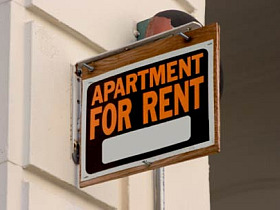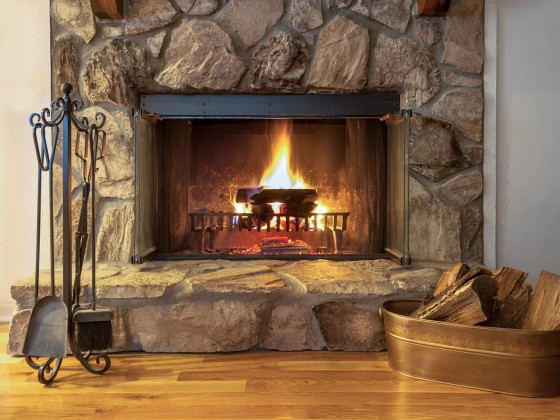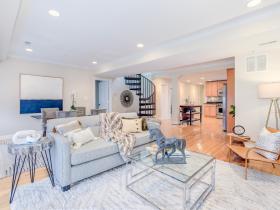What's Hot: Did January Mark The Bottom For The DC-Area Housing Market? | The Roller Coaster Development Scene In Tenleytown and AU Park
 Amateur Landlord: The Pitfalls to Avoid
Amateur Landlord: The Pitfalls to Avoid
✉️ Want to forward this article? Click here.
In a new series this week called Amateur Landlord, UrbanTurf will look at the issues and processes associated with renting out a condo, house, or portion of one’s home. Today we examine the pitfalls that amateur landlords should avoid before even looking for tenants. In next week’s Amateur Landlord, we will examine the red flags that property owners should look for when picking a tenant.
The average monthly rent in DC is $1,494 making the city one of the more expensive rental markets in the country, according to a study called Paycheck to Paycheck: Wages and the Cost of Housing in America. The monthly rate, believe it or not, is more expensive than the average in New York City and Los Angeles.

For many area homeowners, the thought of reaping $1,500 a month in rental revenue is an enticing prospect, particularly when times are tough. Last year, UrbanTurf had a post that detailed the necessary steps to take in order to convert an English basement into an apartment. Since then, the District’s Department of Consumer and Regulatory Affairs (DCRA) launched a website called RentMyDCBasement.com which explains and simplifies the process of registering your apartment as a rental. But with all the advice out there on best practices you should follow when becoming a DC landlord, what are the pitfalls you should know to avoid, whether you are renting a condo, house, or just your basement?
“One would think that being a landlord is simple, but if you’re not attuned to the responsibility, there are number of things that can go wrong,” said Rick Gersten, founder and managing director of Urban Igloo, a rental apartment brokerage firm in DC.
In his experience with landlords and tenants, Gersten said that maintenance issues often cause the biggest headaches.
“As a landlord you have to know the condition of your property and you have to be prepared to fix things when they break,” he explained. Gersten said that landlords who thoroughly inspect their premises before renting often save themselves a lot of misery in the long run, noting that maintenance is something that all amateur landlords should be prepared to do well. “You can’t cast a blind eye to it just because you are collecting rent.”
Landlords with older homes need to be cognizant of additional issues that can affect their ability to rent.
“A lot of older homes have lead paint on the walls,” Gersten said. “As a landlord you need to be really wary of the dangers this can pose to your tenants.” The District banned lead paint in homes built after 1978, so a risk assessment should be conducted on homes built prior to that year to find out what liabilities there might be.
Failure to properly license your rental unit is another mistake that can get landlords in legal and financial trouble. While it may be tempting to rent a room under your own terms (many people do it), it is illegal and subject to stiff fines.
“Most people who have problems with landlord and tenant law in DC have problems because they get bitten in the behind out of ignorance,” said Mark Griffin, an attorney at Griffin and Murphy, LLP, a DC area law firm specializing in real estate law. Fortunately, Linda Agro, the director of DCRA, has been praised for streamlining the rental license application process. For more information on converting a portion of your home or condo, you can contact DCRA at 202-442-4400.
Amateur landlords, do you have anything to add? Please share in the comments.
See other articles related to: amateur landlord, renting in dc, urban igloo
This article originally published at https://dc.urbanturf.com/articles/blog/amateur_landlord_the_pitfalls_to_avoid/2366.
Most Popular... This Week • Last 30 Days • Ever

Lincoln-Westmoreland Housing is moving forward with plans to replace an aging Shaw af... read »

The small handful of projects in the pipeline are either moving full steam ahead, get... read »

A report out today finds early signs that the spring could be a busy market.... read »

A potential collapse on 14th Street; Zuckerberg pays big in Florida; and how the mark... read »

A potential innovation district in Arlington; an LA coffee chain to DC; and the end o... read »
DC Real Estate Guides
Short guides to navigating the DC-area real estate market
We've collected all our helpful guides for buying, selling and renting in and around Washington, DC in one place. Start browsing below!
First-Timer Primers
Intro guides for first-time home buyers
Unique Spaces
Awesome and unusual real estate from across the DC Metro














